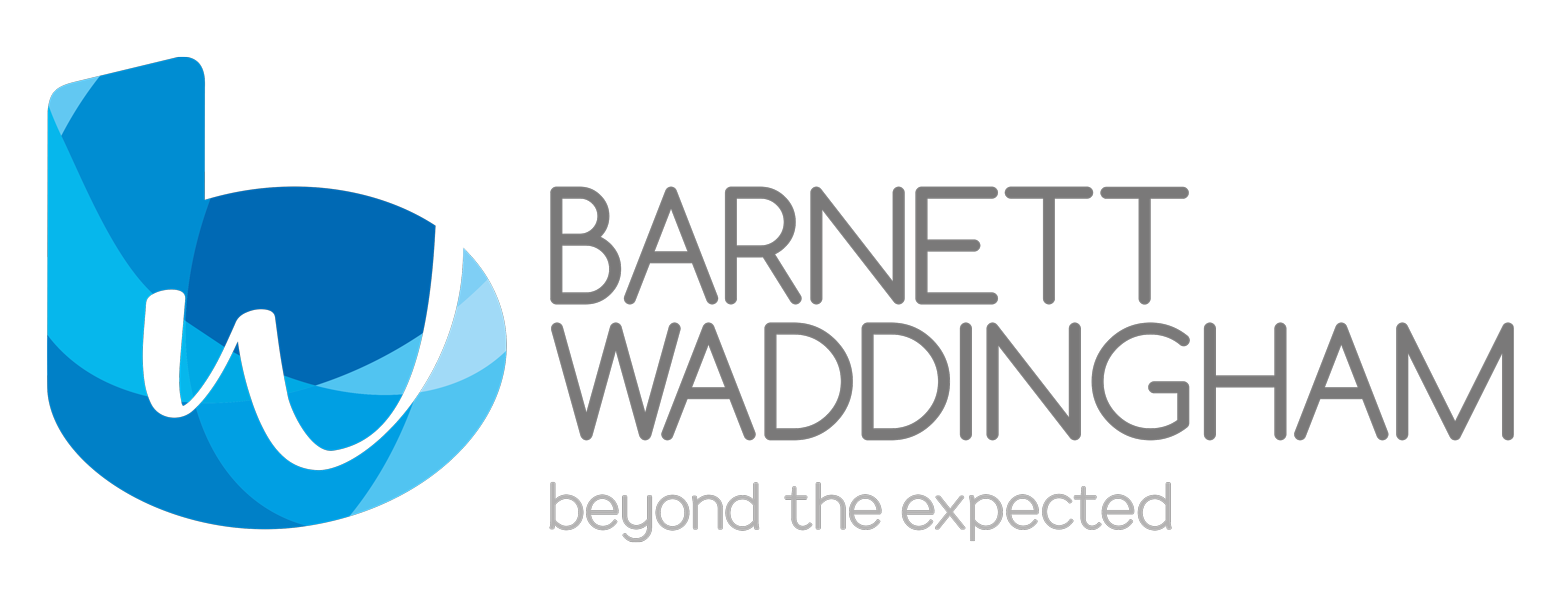
For most sponsors, DB schemes are a legacy arrangement with little direct relevance to their current workforces. However the sponsors with open DB schemes face not only the challenge of communicating effectively with ex-employees but also current employees.
It goes without saying that communication with members is hugely important and Barnett Waddingham's specialist communication practice, DrumRoll, has a simple approach - "tell, teach, involve" - to build better member understanding and engagement. This philosophy immerses members in the process, providing them with information and helping them make informed decisions.
Historically, one of the advantages of DB schemes has been their rigidity; fixed member contributions, benefits calculated by a formula and little choice for members at retirement. This has meant member communications being very much of the "tell" variety without any of the "teach" or "involve" options.
This rigidity, of course, has also been a disadvantage. The "tell" approach has led to, let's be honest, some pretty dry member communications and a lack of real engagement by members with the scheme. Active DB members are usually aware that they are fortunate to still be building up benefits in a DB scheme but do not really appreciate exactly what that means in terms of value. Sponsors might rightly ask themselves why they continue to provide expensive DB benefits to some (or in increasingly fewer organisations, all) of their employees when they don't fully appreciate them.
Balancing Communications
Of course, just highlighting to DB members that their pension is costing 45% of salary (or whatever) a year to provide is not going to go down well with the DC members who will be getting a contribution of much less than that. Employers with open DB schemes therefore face a unique communication problem that their counterparts with only active DC members don't have. They have to up their game for both sets of members.
Total Reward Statements are a very useful way of helping employees appreciate the value of all the benefits they receive but will, of course, highlight the value difference between DC and DB benefits. Employers should not shy away from this "tell" stage (it is, after all, the reality of the situation) but need to follow it up with "teach" and "involve" communications.
For both DB and DC members, these stages should focus on helping the member think about their retirement plans and what sort of income they will need and when they will need it. What other pensions and non-pension income can they expect? What sort of outgoings will they have?
It is no longer good enough for trustees and sponsors to just issue a benefit statement once a year with pages of notes and regulatory disclaimers. Pensions are a vital benefit for members and an expensive benefit for the employer to provide; it is a false economy for employers to provide valuable benefits but skimp on the member communications so that members do not appreciate them. It is best practice for employers and trustees to help members understand their benefits and plan for their futures after employment.
Our 4Me online member tool does just this; providing education and information in easily understandable bites and giving the member the opportunity to build their retirement plan. This can be supplemented by retirement seminars and workshops, giving employees a comprehensive service and also enabling the employer to discover exactly what their employees' desires and concerns are about their futures in retirement. Subsequent communications can then be tailored to reflect these. Communications should not be static; they should change to reflect changing circumstances and feedback.
Communicating with Current Employees
But it isn't just active member communications that are important; with the growing trend for sponsors and trustees to provide more options and support for DB members at retirement - transfers, pension increase exchanges, bridging pensions etc. - communicating with all non-retired members is just as vital. These members will likely be seeing some big numbers in front of them which could skew their decisions unless the surrounding communication is not right.
The communications given to these members must be done in an unbiased way and help them understand the advantages and disadvantages of each option, what they are getting and what they are giving up.
In today's post-covid, high inflation environment with much economic uncertainty on the horizon, member communications have never been so important. Employers and trustees of all schemes should review their member communications to make sure they remain fit for purpose. Failure to do this could result in members making bad decisions regarding their retirement options - and no one wants to be responsible for that.
Want to find out more? Contact Simon or Damian to discuss your needs
This post is funded by Barnett Waddingham









